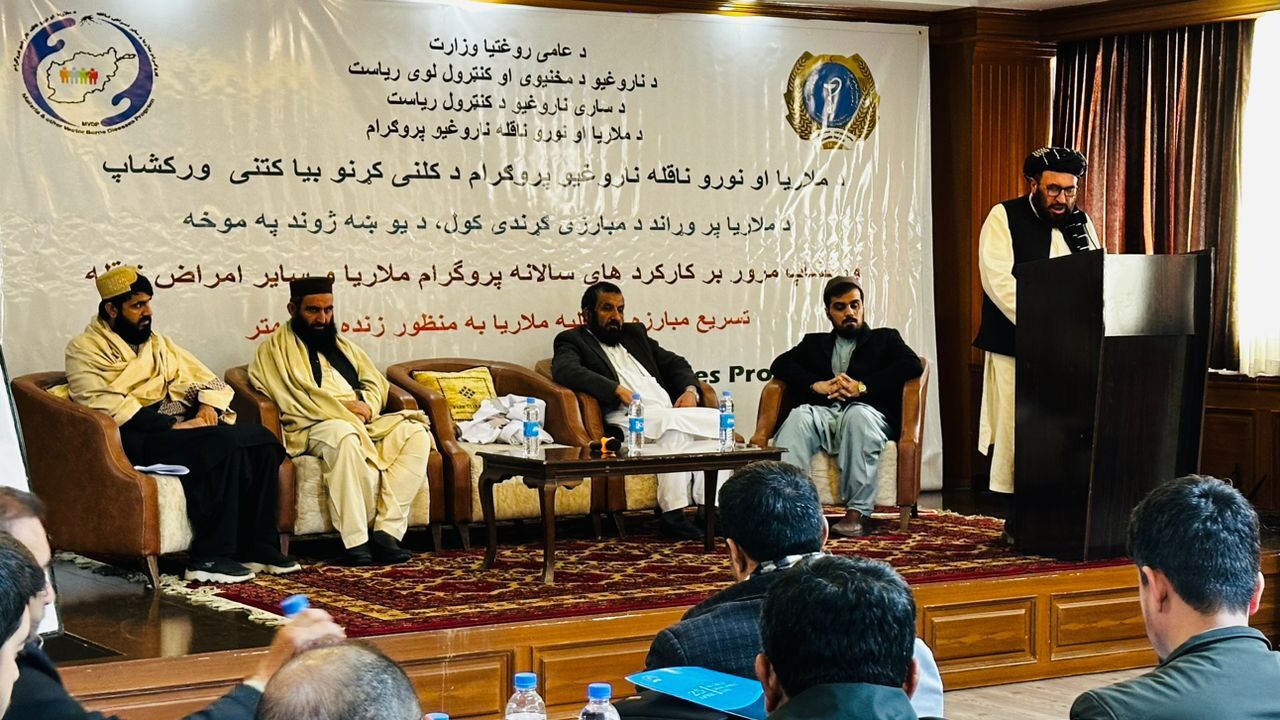National Health Conference Unites Leaders to Combat Malaria and Chronic Diseases

The Annual Review Conference of the Department for Malaria and Non-Communicable Diseases, held under the auspices of the Ministry of Public Health, has officially commenced, marking a pivotal step in addressing critical public health challenges in Afghanistan.
This highly significant event was attended by an array of distinguished figures, including the Deputy Minister for Healthcare Services Provision, Mawlawi Abdul Wali Haqqani; the Director General for Disease Control and Prevention, Dr. Haidar Khan Haidar; senior officials from the Communicable Diseases Control Directorate; representatives of the World Health Organization; provincial department heads of malaria and non-communicable diseases; as well as delegates from partner organizations.
In his address to the participants, Mawlawi Abdul Wali Haqqani articulated that malaria and non-communicable diseases remain pressing healthcare challenges in the country, necessitating immediate and sustained action. He highlighted the Ministry's steadfast commitment to mobilizing all available resources, emphasizing that the treatment and prevention of these conditions remain a priority at the forefront of its agenda.
The Deputy Minister went on to enumerate key accomplishments from the previous year, which encompassed conducting widespread public awareness campaigns about malaria, administering insecticides in 10,000 households, and providing medical treatment to affected individuals. Moreover, 40,000 mosquito nets were disseminated through targeted campaigns, and an additional 178,993 were distributed to pregnant women in malaria-prone provinces, exemplifying a forward-looking approach to disease mitigation.
Of particular note, the preceding year saw the occurrence of 36 malaria outbreaks, 7 cases of dengue fever, and 6 incidents of leishmaniasis across the country. These outbreaks, however, were promptly and effectively addressed through the Ministry's coordinated efforts, thereby ensuring that public health was safeguarded, and the potential for further escalation was mitigated.
